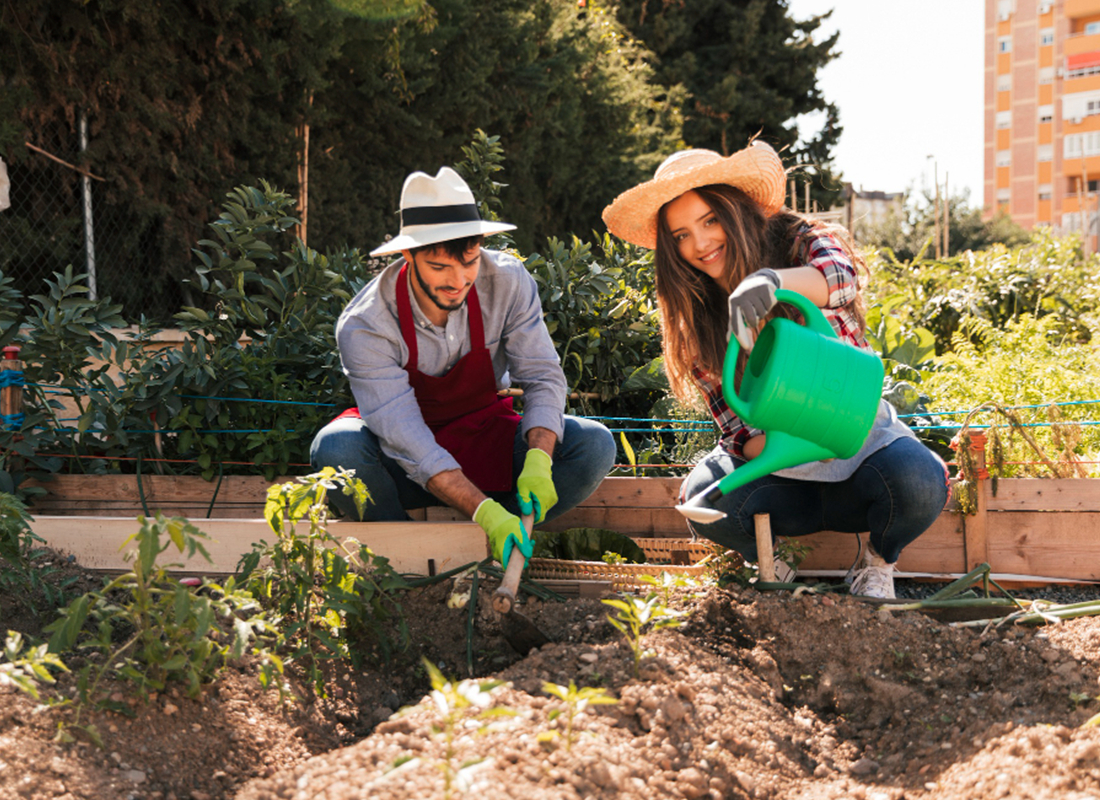One of the most significant benefits of home gardens is their ability to support biodiversity. By planting a variety of flowers, vegetables, and herbs, gardeners can attract beneficial insects, birds, and other wildlife. Pollinators like bees and butterflies are essential for the reproduction of many plants, and their presence in a home garden can significantly enhance local ecosystems. Creating habitats for these creatures, such as providing native plants or installing birdhouses, can lead to a healthier environment. This biodiversity contributes to the resilience of local ecosystems, making them better equipped to handle environmental changes and challenges.
Additionally, home gardens can improve air quality. Plants naturally absorb carbon dioxide and release oxygen, helping to mitigate the effects of air pollution. Urban areas, in particular, can benefit from the presence of greenery, as gardens can act as natural air filters. By incorporating trees, shrubs, and flowering plants into their gardens, homeowners can contribute to cleaner air and a healthier atmosphere. Moreover, plants can trap dust and particulate matter, further enhancing air quality and promoting overall health for residents.

Water conservation is another essential aspect of sustainable home gardening. Traditional gardening practices often lead to excessive water use, but home gardeners can adopt strategies that minimize waste. Techniques such as rainwater harvesting, drip irrigation, and mulching can significantly reduce water consumption while ensuring that plants receive adequate moisture. By collecting rainwater in barrels and using it to irrigate their gardens, homeowners can make a positive impact on local water resources. Additionally, native plants are often drought-resistant and require less water, making them an excellent choice for sustainable gardening.
Soil health is fundamental to sustainable gardening practices. Home gardens provide an opportunity for individuals to engage in organic gardening, which avoids synthetic fertilizers and pesticides that can harm the environment. By using compost, natural fertilizers, and organic pest control methods, gardeners can improve soil fertility and promote a thriving ecosystem. Healthy soil supports plant growth and contributes to carbon sequestration, further mitigating climate change. Moreover, practices such as crop rotation and cover cropping can enhance soil structure and prevent erosion, ensuring that the land remains productive for future generations.
Home gardens also encourage local food production, reducing the reliance on commercially grown produce that often requires significant resources for transportation and packaging. By growing their own fruits and vegetables, homeowners can enjoy fresh, organic produce while minimizing their carbon footprint. This local food movement not only promotes sustainability but also fosters a sense of community. Sharing excess produce with neighbors or participating in local farmers’ markets can strengthen community ties and encourage others to adopt sustainable practices.
Furthermore, home gardens can serve as educational platforms for environmental awareness. By engaging with children and family members in gardening activities, individuals can instill a sense of responsibility towards nature and sustainability. Learning about plant growth, composting, and the importance of biodiversity can inspire future generations to prioritize environmental stewardship. Community gardening initiatives can also provide educational workshops and resources, empowering individuals to make informed decisions about their gardening practices.
Home gardens are vital in promoting environmental sustainability. Through biodiversity support, improved air quality, water conservation, soil health, local food production, and educational opportunities, home gardens contribute positively to the environment. By adopting sustainable gardening practices, homeowners can cultivate not only beautiful spaces but also a more sustainable future. As individuals take action in their gardens, they play a part in a larger movement towards environmental responsibility, making home gardens an essential component of a sustainable lifestyle.

